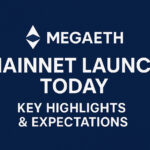In this post, I shall explain creating a custom NFT contract, step by step. As a developer or a digital creator, having your own NFT smart contract provides more control, custom options, and better usefulness.
With this guide, we will go over the crucial elements: tools needed, basic coding, deployment, and your project’s best practices so you can successfully launch an NFT project of your own.
What is a Custom NFT Contract?
A custom NFT contract refers to a smart contract, usually written in Solitady, that has particular rules and tailored functionalities for the creation and management of non-fungible tokens(NFTs) on a blockchain.
Unlike standard templates, custom NFT contracts offer greater flexibility by enabling developers to incorporate additional features like custom metadata, minting logic, royalties, access control, and even interfacing with decentralized applications (dApps) or marketplaces.
Custom contracts empower creators and projects to exercise complete control over the governance lifecycle—behavior, trading, and interactions of their NFTs within ecosystems.
These contracts are best suited for advanced use cases such as generative art, in-game assets, or multi-asset collections that require intricate on-chain programmable logic.
How To Create A Custom Nft Contract
Login and Configuration
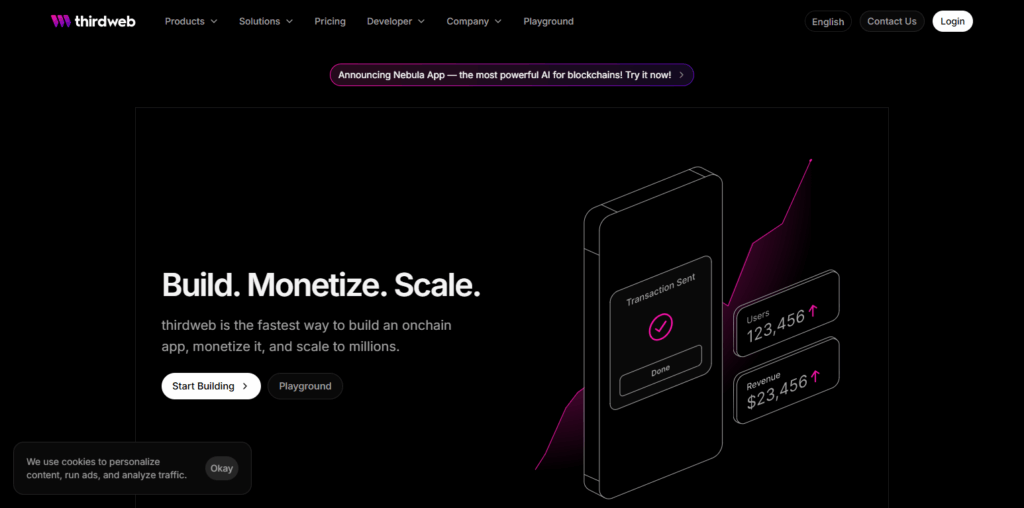
- Visit thirdweb.com and connect your wallet (MetaMask or similar).
- Select your preferred blockchain (Ethereum, Polygon, Base, etc.).
Initiate New Contract Creation
- Hit “Deploy Contract” then select either “NFT Drop” or “Edition” Title according to your NFT.
- Provide the required information: name, symbol, royalties percentage, and owner’s address.
Optional Logic Customization (Optional)
- Extend smart contracts using gating or metadata rules with Thirdweb’s ContractKit.
- Alternatively, you could initiate with a custom Solidity contract via their CLI or Dashboard.
Blockchain Deployment
- Proceed confirming deployment via wallet.
- After contract deployment is complete, you will get a contract address along with a dashboard view of your NFT assets.
Minting and Management
- Upload NFTs (images + metadata).
- Establish supply limits alongside claim conditions (price, phases time), and grant permissions.
Launch after Integration
- Integrate using SDKs Javascript/React/Unity or UI.
- Embed the minting page or share it yourself.
Why Create a Custom NFT Contract?
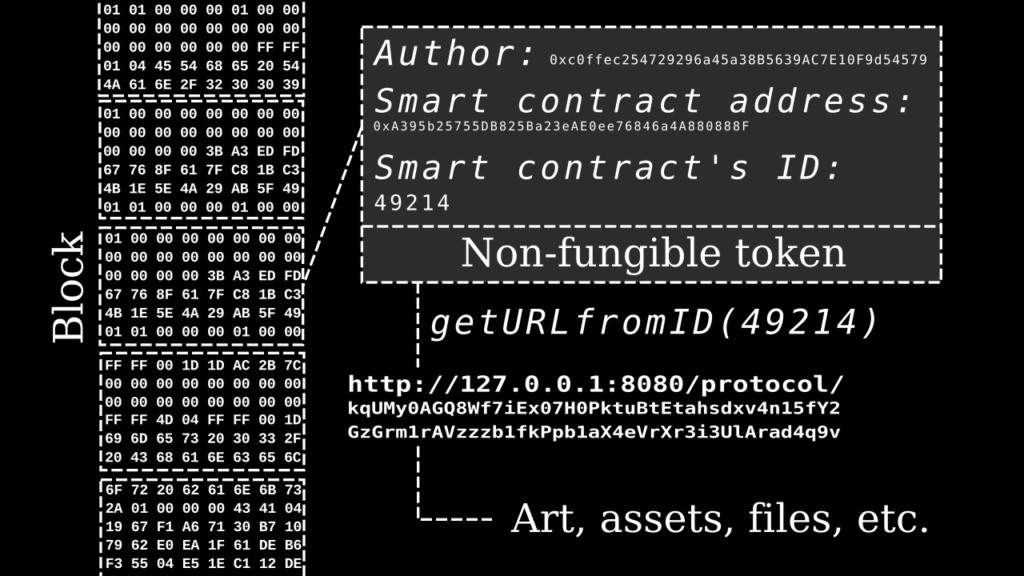
Custom Functionality
- Unique features can be added such as limited-edition minting, staking, upgradeable NFTs, or even time-locked content.
- On-chain royalties (EIP-2981) or gamified assets with custom logic can be applied.
Brand Identity & Flexibility
- With vision tokens, symbols and metadata structure as well as minting rules can be tailored in order for them to reflect the project.
Advanced Use Cases
- Use cases include generative art, dynamic NFTs as well as metaverse incorporation and multi asset tokens through ERC 1155.
Marketplace Control
- Control interactions for your NFTs with OpenSea, Rarible or Blur allowing trading/royalties enforcement disabling or enabling trading.
Security & Ownership
- You write the contract yourself meaning there’s no reliance on third part enities making for complete control alongside auditing options.
Which Tools do I Need to Build and Deploy An NFT Contract?
MetaMask
MetaMask is a wallet for cryptocurrency and dApps integrated within browsers and is compatible with Ethereum-based blockchains. It provides security for private keys, tokens, and transactions while allowing seamless access to manage them.

For developers, MetaMask simplifies the process of dApp and smart contract testing as it connects directly to testnets or mainnets and works effortlessly with Hardhat frameworks or Ethers.js and Web3 libraries.
Node.js
Node.js enables developers to execute Javascript outside of a browser via its runtime environment, making it popular in blockchainfor managing dependencies or running development, deployment, or automation tools like Truffle, Hardhat, and SmartContracts.
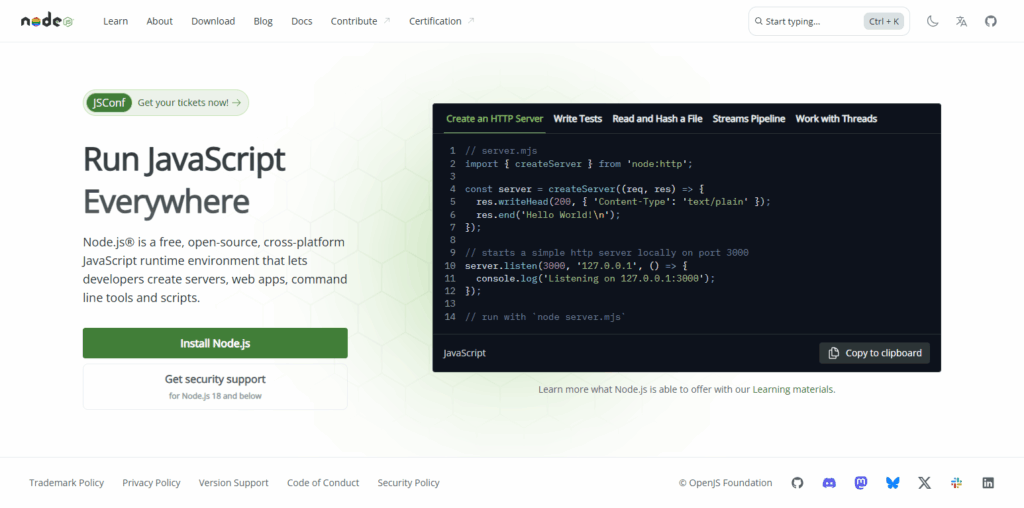
Node’s simplified npm package system allows effortless installation for Ethereum nodes, backend services, CLI tools connected to various blockchain networks and layer two dApps , as well as integration into multi-chain ecosystems for cross-compatible applications.
Alchemy or Infura
Alchemy and Infura are systems that give developers APIs for Ethereum and other networks. They are nodes-as-a-service solutions, meaning you can use read/write blockchain operations without a full node setup of your own.
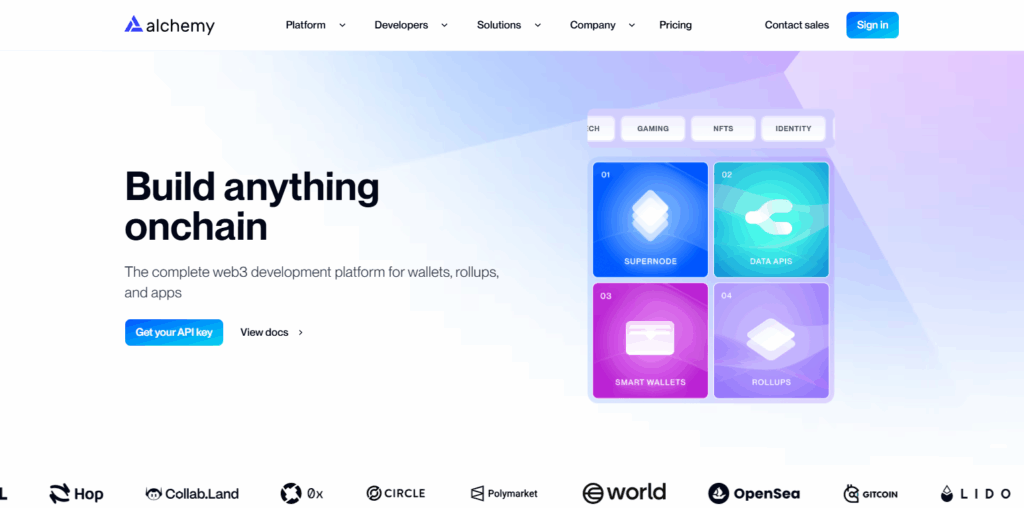
Alchemy and Infura are used in smart contract deployment and dApp development as they provide required access to testnets or mainnets while also enabling support for tools like Hardhat, MetaMask, and Web3 libraries.
Ethers.js
Ethers.js is one of the most powerful Ethereum blockchain libraries. It comes in handy when connecting to ETH based smart contracts as it enables sending transactions through a user’s wallet such as MetaMask along with block data queries and message signing.
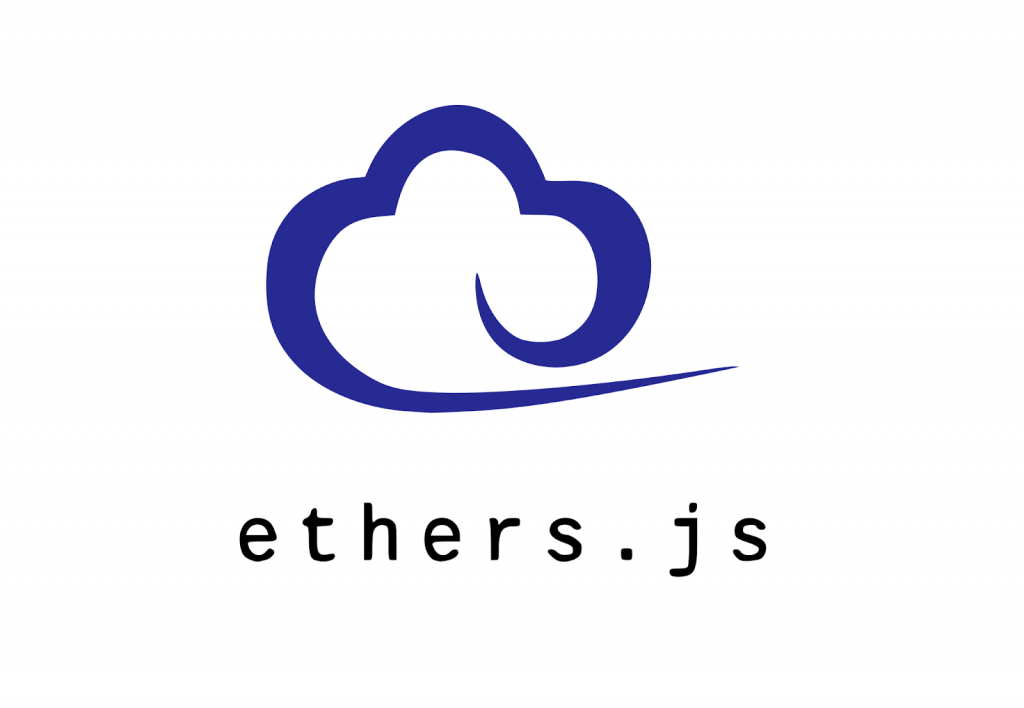
Ethers.js is well known for its lightweight nature, modular design, ease of use, and stellar TypeScript integration.
Pros and Cons of Creating a Custom NFT Contract
| Pros | Cons |
|---|---|
| Full control over features, metadata, and minting logic. | Requires technical knowledge of Solidity and blockchain. |
| You can audit and secure your own code. | Security flaws can lead to irreversible asset loss if not properly tested. |
| Total ownership of your smart contract and deployment. | No third-party support if something breaks. |
| Ability to add advanced features like royalties, staking, or upgradeability. | More complex development and testing process. |
| Customize name, symbol, and user experience to match your brand. | Time-consuming to design and build from scratch. |
| Integrate directly with OpenSea, Rarible, etc., with custom rules. | Some platforms may have compatibility issues with fully custom features. |
| Optimize minting and transfers for lower gas fees. | Requires deep understanding of Solidity for efficient coding. |
| Easily extendable for future updates or features. | Harder to maintain without a structured upgrade pattern. |
Conclusion
In summary, having a custom NFT contract allows you complete mastery of your digital assets. It also permits advanced asset protection, customized use-case capabilities, and exclusive features.
Although there is a moderate level of technical DIY involved, the customization options available alongside the proprietary worth make it perfect for devoted creators and developers.
If done correctly, you can have boundless control over the NFT projects you wish to innovate upon in regard to security and scalability.
FAQ
Do I need coding skills to create one?
Yes. Basic knowledge of Solidity and tools like Hardhat, MetaMask, and JavaScript is required to build and deploy a custom NFT contract.
What’s the difference between ERC-721 and ERC-1155?
ERC-721 is used for unique NFTs (one-of-a-kind), while ERC-1155 allows for both unique and semi-fungible tokens with batch minting and lower gas costs.
Which tools do I need?
You’ll need MetaMask (wallet), Node.js (runtime), Hardhat (development framework), Alchemy or Infura (node access), and Ethers.js (interaction library).







